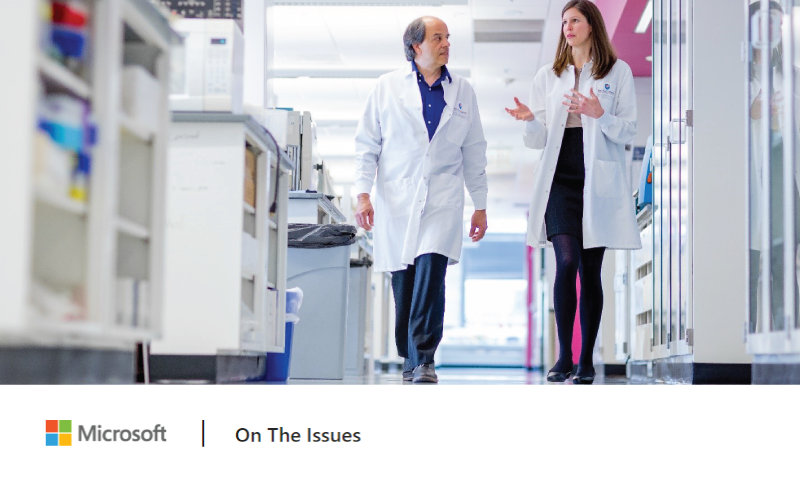Imagine losing your child in their first year of life and having no idea what caused it. This is the heartbreaking reality for thousands of families each year who lose a child to Sudden Unexpected Infant Death (SUID). Despite decades-long efforts to prevent SUID, it remains the leading cause of death for children between one month and one year of age in developed nations. Working in collaboration with researchers at Seattle Children's Research Institute and the University of Auckland, Microsoft analyzed the Center for Disease Control (CDC) data on every child born in the U.S. over a decade, including over 41 million births and 37,000 SUID deaths.
By pairing Microsoft's capabilities and data scientists with Seattle Children's medical research expertise, progress is being made on identifying the cause of SUID. Earlier this year, a study was published that estimated approximately 22% of SUID deaths in the U.S. were attributable to maternal cigarette-smoking during pregnancy, giving us further evidence that, through our collaboration with experts in varying disciplines, we are getting to the root of this problem and making remarkable advances.
Read more at Microsoft On The Issues.
More For You
On Ask Ian, Ian Bremmer breaks down the steady escalation of US pressure on Venezuela and why direct military action is now a real possibility.
Most Popular
Global conflict was at a record high in 2025, will 2026 be more peaceful? Ian Bremmer talks with CNN’s Clarissa Ward and Comfort Ero of the International Crisis Group on the GZERO World Podcast.
On Ian Explains, Ian Bremmer takes a look at the growing surge in global conflict and the ripple effects of so much violence, war, and armed struggle throughout the world.
A year into US President Donald Trump’s second term, America’s immigration policy has undergone one of its most sweeping resets in decades.
